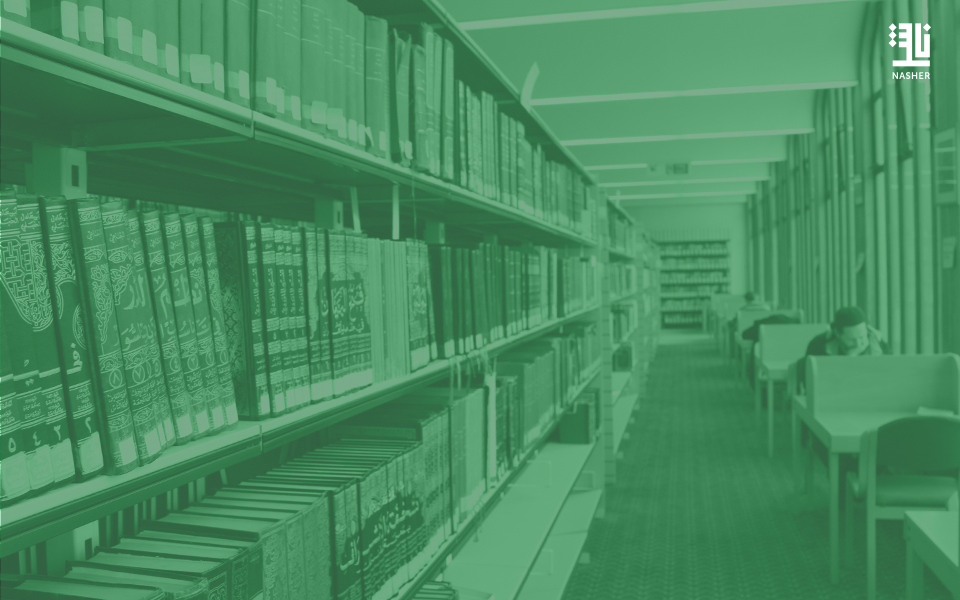Syria is one of the oldest regions in the world to have embraced civilization and writing, making it a significant center for knowledge and culture throughout history. As early as the third millennium BCE, Syria witnessed the birth of libraries as hubs for documenting political, economic, and cultural life. Among the most notable ancient libraries is the renowned Ebla Library, where thousands of clay tablets written in cuneiform script were discovered, shedding light on the historical period. Another prominent example is the Mari Library, which contained over 20,000 clay tablets that are now considered an essential part of global heritage.
In modern times, Syria is home to notable libraries that stand as bastions of knowledge and guardians of cultural heritage. Chief among these is the Public Library (formerly Al-Assad Library) in Damascus, established in 1984 as a cultural beacon housing millions of books and documents across various fields. The library places special emphasis on manuscripts and rare books, in addition to preserving Syria’s national archive. Similarly, the University of Damascus Library, one of the oldest academic libraries in the country, was established in 1923 to serve generations of scholars and researchers with its extensive collection of books and academic studies.
Waqf libraries, another significant part of Syria’s cultural landscape, date back to the Islamic eras. These libraries, located in cities such as Aleppo and Homs, were once vital centers for disseminating knowledge and enriching cultural and scientific life.
However, Syrian libraries today face considerable challenges due to ongoing crises. Many libraries have been destroyed, and significant parts of cultural archives and rare manuscripts have been lost. The dire economic situation has also negatively impacted the library sector, leading to a decline in attention and services provided by these institutions.
Despite these challenges, national and international efforts are underway to revive Syria’s libraries. These efforts include restoration projects for damaged historical libraries, the launch of digital initiatives to preserve Syrian heritage, and support for academic and research libraries to ensure their continued role in spreading knowledge. Such initiatives offer a glimmer of hope for restoring Syrian libraries to their rightful status as cultural and scientific centers that contribute to promoting awareness and knowledge.







